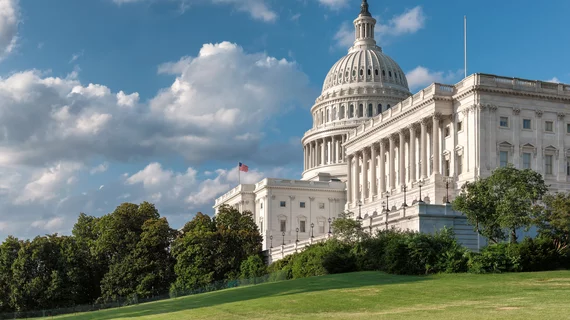A new bill unanimously passed by the Senate Wednesday would prohibit Medicare insurers from preventing pharmacies from telling consumers if their prescription drugs are cheaper if they pay out of pocket versus through their insurance.
The issue is very prevalent; insurance copays are higher than the cost of the drug about 25 percent of the time, PBS recently reported. Higher costs for drugs can cause some consumers to leave their prescription medications unfilled, potentially resulting in adverse health effects.
What have come to be known as ‘gag clauses’ that effectively prevent pharmacists from letting patients know if drugs are costlier through their insurance copays led to $135 million in overpayments by consumers in 2013, according to Senator Susan Collins (R-ME). Collins authored another bill with Claire McCaskill (D-MO) and Debbie Stabenow (D-MI) which would prevent pharmacy benefits managers and commercial insurers from imposing gag clauses on pharmacies.
“Unable to afford the vital medications their doctors have prescribed, patients are forced to go without, potentially causing their condition to worsen,” Collins said in August. “Some skip doses or hoard pills out of fear that their next refill will be unaffordable. Poignantly, patients are filled with anxiety as they watch prices climb, knowing that they could lose access to medications they need.”
The Know the Lowest Price Act of 2018, which will move to the House for approval, is the latest sign of increasing efforts to improve drug pricing transparency. It will go into effect beginning in 2020, if it is passed in the House and signed into law by President Trump. Collins’ bill, Patient Right to Know Drug Prices Act, is still making its way through the Senate.
The legislation passed Wednesday ensures Medicare prescription drug plans (PDP) and Medicare Advantage organizations that offer Medicare Part D plans do not restrict a pharmacy from informing an enrollee of any difference in price of copays or coinsurance versus paying without any insurance. The law also prevents any penalization by drug plans for pharmacies that do inform enrollees of price differences.
“Who would think that using your debit card to buy your prescription drugs would be less expensive than using your insurance card?” Collins said. “It’s counterintuitive. Americans have the right to know which payment method provides the most savings when purchasing their prescription drugs.”
A handful of other states have approved their own versions of gag clause bans, including Connecticut, Georgia, Maine and North Carolina, while several more have introduced similar legislation in 2018, according to the National Academy for State Health Policy. Delaware implemented its own law to ban the use of gag clauses between pharmacy benefits managers (PBMs) and pharmacies to boost price transparency for consumers at the end of August. Some of these state laws are slightly broader than the Senate bills, requiring full disclosure of business relationships between PBMs, health plans and pharmacies.
Congress is also working on a grander agenda to increase price transparency in the healthcare system more broadly, led by U.S. Senators, including Bill Cassidy, M.D. (R-LA), who released several ideas to improve pricing in May, such as eliminating gag clauses. Cassidy also co-sponsored the Know the Lowest Price Act.
“Passing this bill and eliminating gag clauses gives patients more power to lower their health care costs,” he said in a statement. “It makes prices transparent so patients can save money with less expensive prescriptions."

